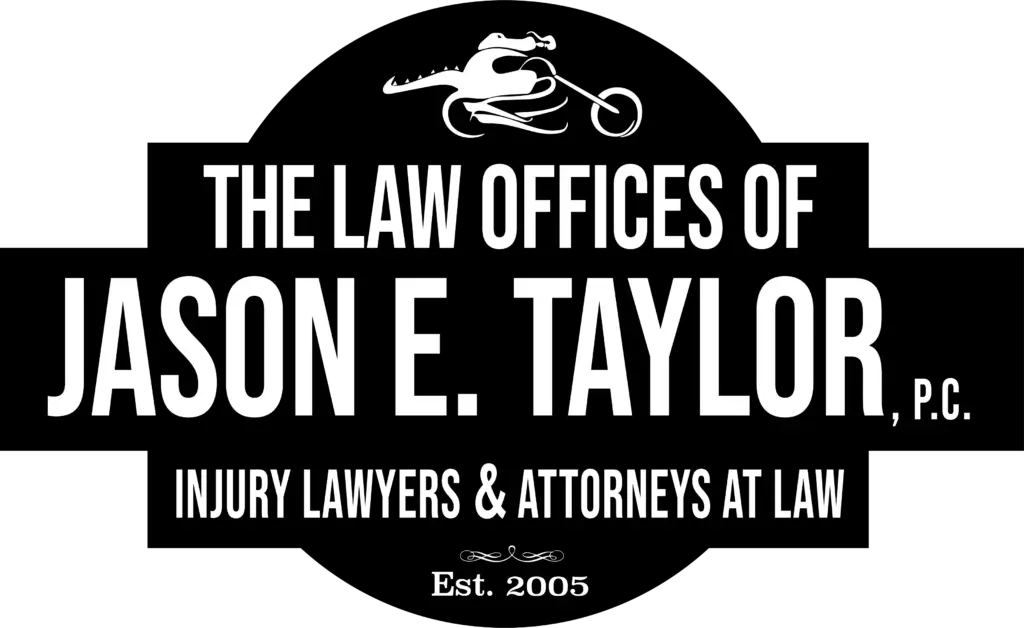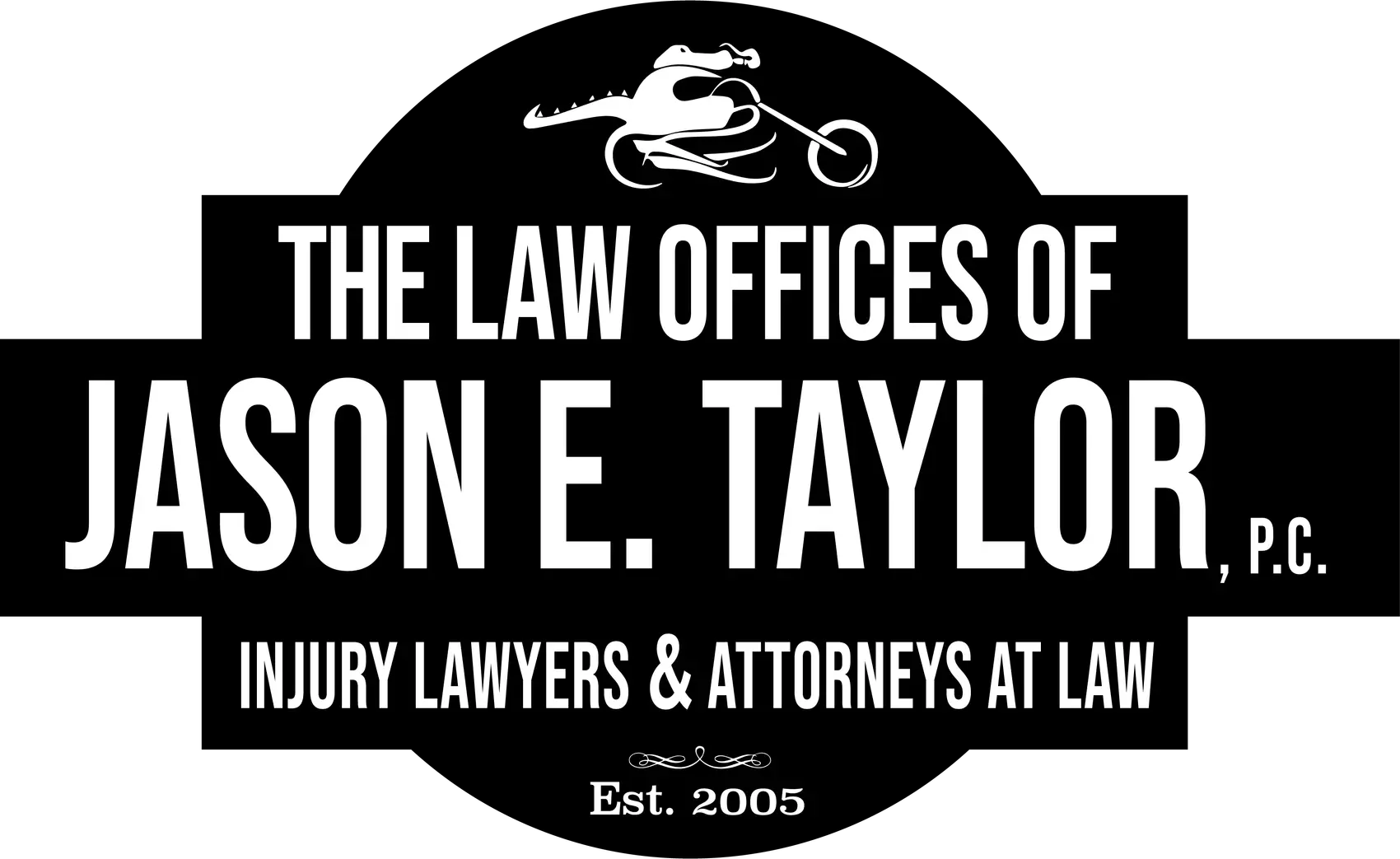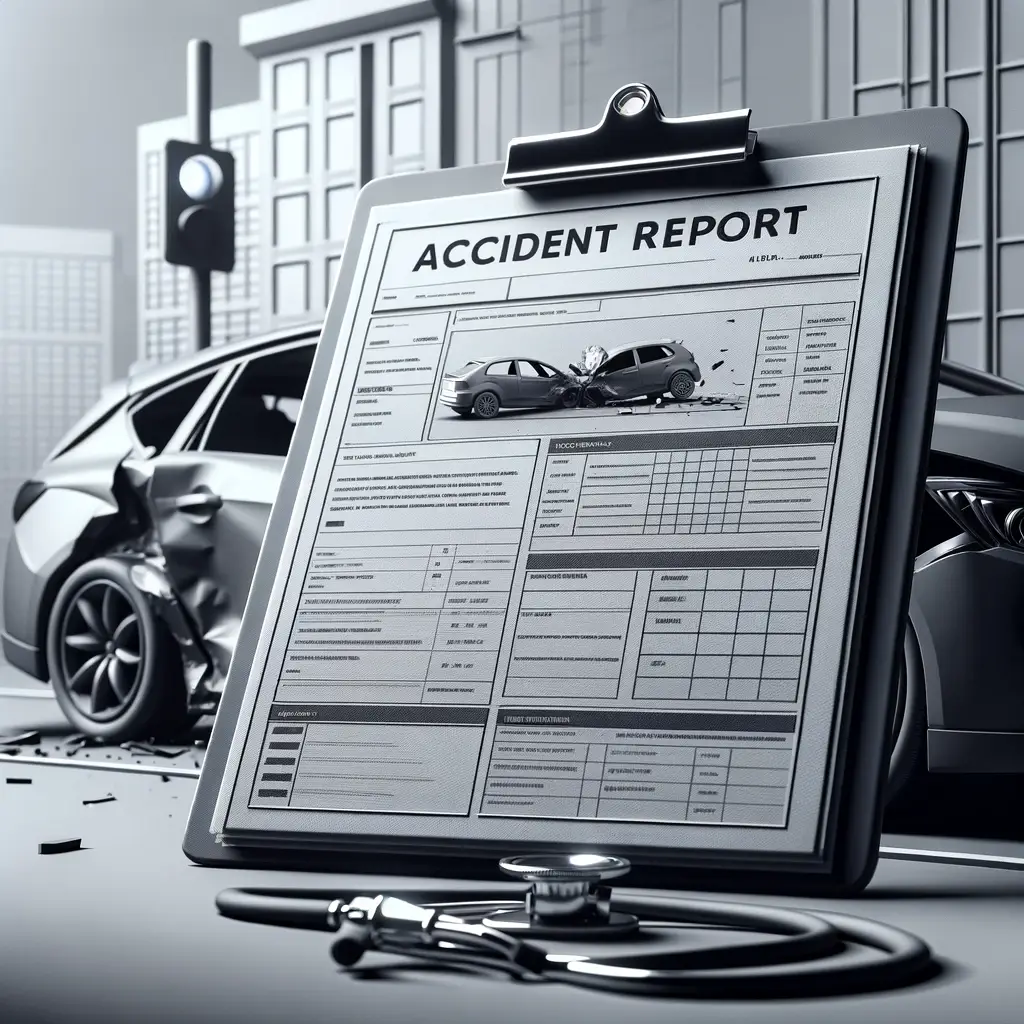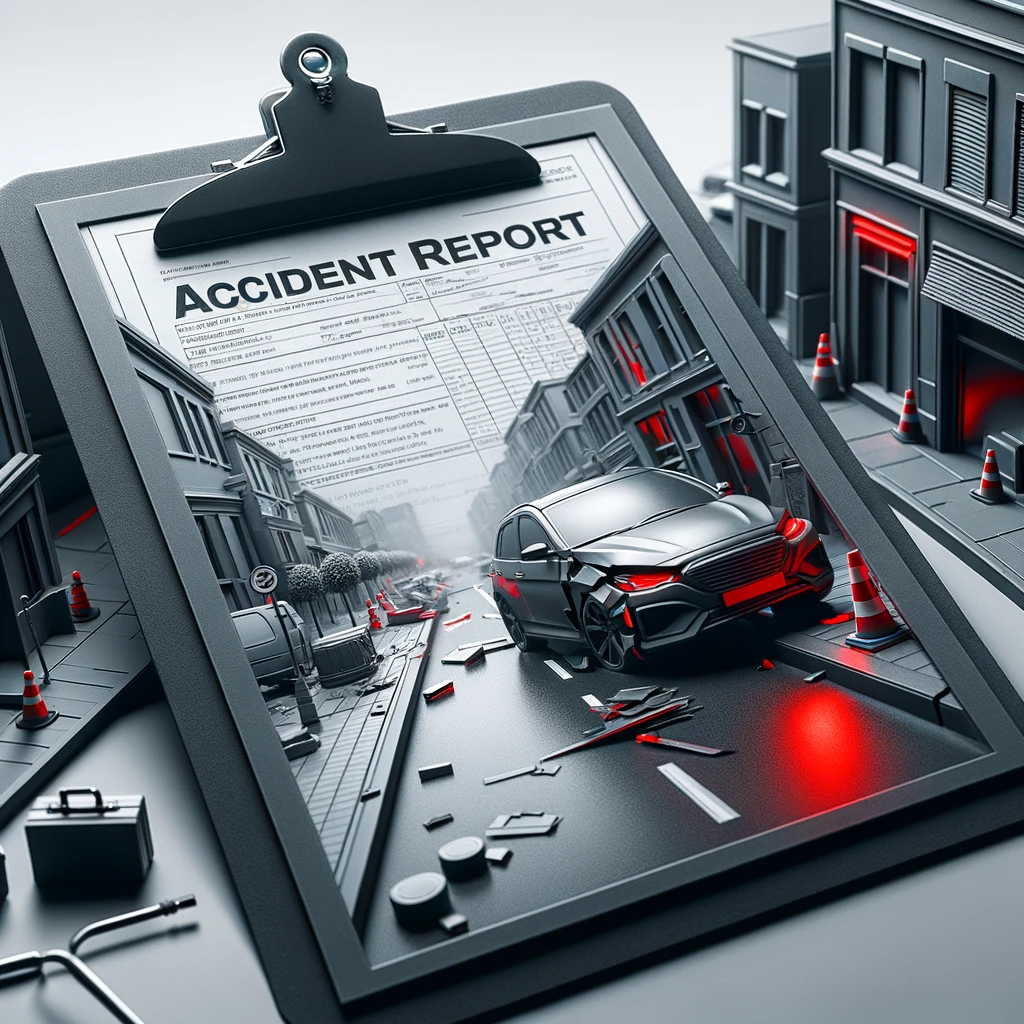North Carolina is a great place to ride your motorcycle. The state is filled with beautiful scenery and beaches. Whether you choose to ride the Blue Ridge Parkway through the mountains, visiting towns such as Boone or Asheville or along the ocean and its many beaches along the Outer Banks down to Wilmington Beach and Oak Island, there are plenty of options for motorcyclists to enjoy.
However, before you hit the road on your motorcycle, knowing the law regarding helmets is important. Motorcycles represent almost two percent of all registered vehicles but account for nearly ten percent of fatalities on the roads. Wearing a helmet is the best way to protect yourself in an accident.
If you have been injured in a motorcycle accident, contact the personal injury lawyers at The Law Offices of Jason E. Taylor today. Our lawyers understand the unique challenges that motorcycle riders face on the road. We will fight for the compensation you deserve.
What Are the Motorcycle Helmet Requirements in North Carolina?
Motorcycle helmet laws in North Carolina are straightforward. According to North Carolina law state statute, 20-140.4, motorcycle or moped riders and passengers on highways or public vehicular areas must wear safety helmets with a retention strap that meets Federal Motor Vehicle Safety Standard (FMVSS) 218. Under this law, the helmet is not required to be certified, just compliant.
These helmets are permanently affixed with the “DOT” symbol on the back of the helmets that comply with the standards. The inside of the helmet also must have a label that includes the following information:
- The model name of the helmet
- The helmet’s size
- The date of the helmet’s manufacture
- Care and cleaning instructions
- The name of the helmet manufacturer or other identifying information
- The materials used
How Do I Know If the Helmet is Compliant?
A legally compliant helmet will have all of the above with a firm lining of polystyrene foam that is at leach one inch thick. This foam liner may be covered with a comfort liner, and the helmet has to be secured on the head with a chin strap.
Non-Compliant Helmets
Non-compliant helmets usually have soft, thin padding and no DOT sticker attached. You cannot purchase a separate DOT sticker and place it on your helmet.
The Importance of Wearing a Motorcycle Helmet
It is important to understand why wearing a motorcycle helmet is so essential. According to the CDC, motorcycle helmets are estimated to be about 37 percent effective in preventing fatal injuries to riders and 41 percent for passengers. Additionally, helmets reduce the risk of head injury by 69%.
According to the North Carolina Department of Transportation, in 2019, there were:
- 3,516 total motorcycle accidents
- 184 people killed in crashes
- 2,728 people suffered injuries
It is critical to wear a motorcycle helmet because it could save your life. In North Carolina, if you choose not to wear a helmet, you are putting yourself at risk of severe injury or death.
Other Safety Equipment Motorcyclists Should Wear
In addition to wearing a helmet, there are other pieces of safety equipment that all motorcyclists should wear. This includes:
- Riding jacket – A riding jacket is a great way to protect yourself from the elements and injuries. Look for a jacket that is made of Kevlar or other high-strength material.
- Boots – Boots should be tall enough to protect your ankles and made of durable materials such as leather.
- Pants – Pants should be made of thicker materials such as denim or Kevlar.
- Gloves – Gloves should be made of durable materials such as leather and protect your hands in the event of a crash.
- Eye protection such as goggles or a face shield.
- A reflective vest or another type of reflective clothing.
If you are involved in a motorcycle accident, it is important to seek medical attention immediately. You should also contact a motorcycle accident attorney who can help you protect your rights and fight for the compensation that you deserve.
Practice Safe Riding in North Carolina
The best way to avoid being involved in a motorcycle accident is to practice safe riding. This includes:
- Wearing a motorcycle safety helmet and other safety equipment
- Obeying all traffic laws
- Being aware of your surroundings
- Avoiding distractions
- Never ride under the influence of drugs or alcohol
You should also take a motorcycle safety course. BikeSafe North Carolina offers free Rider Skills Days across the state that are approved by the Motorcycle Safety Foundation.
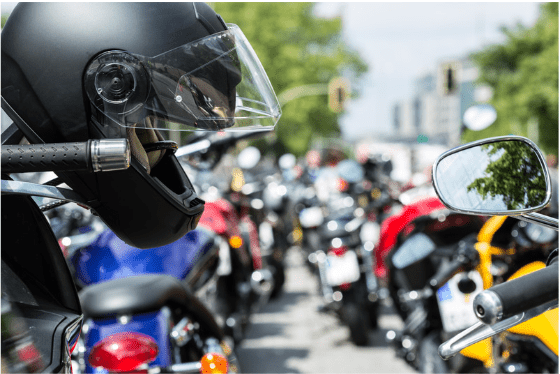
Contact an Experienced Motorcycle Accident Lawyer at the Law Offices of Jason E. Taylor
If you or a loved one has been injured in a motorcycle crash, contact an experienced motorcycle accident lawyer at the Law Offices of Jason E. Taylor, P.C. today to schedule a free consultation. Our motorcycle accident lawyers will fight for the compensation that you deserve.
